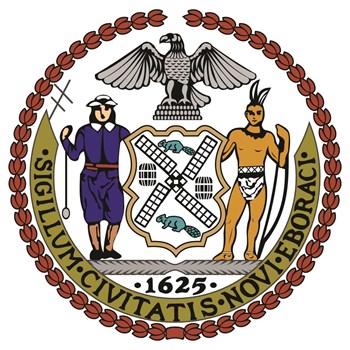
You may live in the most well-run and self-sufficient building in the city, but no building is an island, not even in developments from the sprawling Stuyvesant Town-Peter Cooper Village in Manhattan to Co-op City in the Bronx to the small six-story condo building in the Lower East Side needs to utilize a plethora of municipal services and interact with the various city agencies that run them.
Complex or intricate as the system is, sometimes dealing with these bureaucracies isn’t as easy as just picking up the phone. A well-run building is best served when those in charge know how to contact the right departments about the right problems at the right times. Navigating the city’s offices can be one of the most important things that a co-op or condo does to keep everything running smoothly. Here is a look at some of the offices and agencies that should be on any manager or board member’s speed dial.
The Mayor’s Office
It would be nice to think that Mayor Michael R. Bloomberg and his staff are ready to assist residential owners with all of their problems, but in fact, there isn't a lot of direct interaction between Hizzoner's office and individual co-ops and condos.
According to a mayoral spokesman, most calls that come in regarding anything to do with co-op and condo issues are directed to different offices in the city.
The 311 number allows customers to call one easy-to-remember number in order to receive information and access to city government services. All calls to 311 are answered by a live operator, 24 hours a day, seven days a week and offer immediate access to translation services in over 170 languages. To contact the mayor’s office log onto www.nyc.gov/mayor.
The Buildings Department
The New York City Department of Buildings (DOB) ensures the safe and lawful use of over 975,000 buildings and properties by enforcing the city’s building code, electrical code, zoning resolutions, New York state labor law and New York state multiple dwelling law.
Due to the damage sustained during Hurricane Sandy, the DOB maintains a database of buildings that are deemed an immediate hazard to public safety. In addition to the database, the DOB also contains a wealth of information on rebuilding including information on meeting flood standards, locating licensed professionals and much more.
According to spokesman, Tony Sclafani, the department’s main activities include performing plan examinations, issuing construction permits, inspecting properties, and licensing trades. The agency’s plumbers have begun using state-of-the-art hand-held computers increasing efficiency and streamlining the examination process.
In honor of Construction Safety Week, the DOB will host the 2013 Build Safe | Live Safe Conference on Monday, April 29 at the New York Marriott Downtown in Lower Manhattan. Department of Buildings’ engineers, architects and construction experts will be on hand discussing the latest industry trends. Plus, the DOB will lead multiple construction safety courses for professional credit.
For more information on the DOB's conference and outreach programs, visit the department's website at www.nyc.gov/dob.
Homes & Community Renewal
The New York State Homes and Community Renewal (HCR) office consists of all the state’s major housing and community renewal agencies, including the Affordable Housing Corporation, the Division of Housing and Community Renewal (DHCR), the New York State Housing Finance Agency (HFA), the State of New York Mortgage Agency (SONYMA), the Housing Trust Fund Corporation (HTFC) and others.
“Organizing these agencies under a single leadership and management structure has created new efficiencies and allowed for better coordination of the state’s resources,” says an HCR spokesman.
When it comes to the private housing finance law—also known as the Mitchell Lama housing law—the HCR is in charge of overseeing the general structure and ensuring that the participating buildings are being run correctly.
Derived from the last names of former Manhattan State Senator MacNeil Mitchell and former Brooklyn Assemblyman Alfred Lama, the Mitchell Lama housing program is designed to accommodate the housing needs of moderate-income families. A total of 269 state-supervised Mitchell-Lama developments with over 105,000 apartments were built under the program. There are 97 city-sponsored, moderate- and middle-income rental and limited-equity cooperative developments in New York City, with more than 44,600 units.
HCR organizes programs into four groups: Finance and Development, Housing Preservation, Community Renewal and Professional services. For additional information go to www.nyshcr.org.
The AG
As head of the Department of Law, the Attorney General is both the “People's Lawyer” and the state’s chief legal officer.
Attorney General Eric Schneiderman was elected the 65th Attorney General of New York State on November 2, 2010 and serves as the guardian of the legal rights of the citizens of New York, its organizations and its natural resources—and that includes anyone in a condo or co-op.
The regulations enforced by the AG’s Investment Protection Bureau—Real Estate Financing Section regarding the content of prospectuses for the sale of co-ops and condos require detailed disclosure by a sponsor of what is planned to be built for newly constructed properties, and detailed disclosure of the condition of the property for existing buildings.
The Attorney General’s office has taken a leading role in the national fight for a comprehensive investigation of misconduct in the mortgage market and for a fair settlement for homeowners that holds banks accountable for their role in the foreclosure crisis.
Complaints can be sent to the AG’s office specifically for condos, co-ops and homeowner associations by sending correspondence to the AG’s Enforcement Section (Investment Protection Bureau—Real Estate Financing Section) at 120 Broadway, New York, NY 10271, or by phone at 212-416-8122.
Housing Preservation & Development
The New York City Department of Housing Preservation and Development (HPD) is the nation’s largest municipal housing preservation and development agency, and the largest municipal developer of affordable housing in the nation. Since 1987, HPD has provided over $8.7 billion to support the repair, rehabilitation and new construction of hundreds of thousands of units of housing. Its mission is to promote quality housing and viable neighborhoods for New Yorkers through education outreach, loan and development programs and enforcement of housing quality standards.
According to spokesperson Eric Bederman, HPD has very little interaction with the broad majority of co-ops and condos in New York City even though the city does oversee a small group of co-ops and condos. “We do have a spot of co-ops and condos that the city oversees,” he says. “That would be because they are either low income co-ops or mid-level co-ops and in that case they are subordinate to us because we help them or we provided a source of refinancing. We oversee their operations and they have to report to us with their financials, so they are in constant contact with us.”
Bederman states that HPD enforces the city’s Housing and Maintenance Code (HMC) which pertains to residential multiple dwellings—these essentially are rental buildings with three or more units.
The primary way HPD enforces the HMC and protects the city’s housing stock is by responding to tenant complaints that are called in to the city’s 311 call center. HPD recently rolled out a Proactive Preservation Initiative whereby it identifies and intervenes in buildings where landlords are negligent and conditions are deteriorating, but that pertains to only rental buildings.
Since co-op and condo owners are homeowners, they, along with their respective boards, are responsible for maintaining their own properties/apartments and the provision of essential services.
“We’ve had folks in co-ops, who were so badly managed by the board that they called us,” says Bederman, “Our inspectors came out but essentially the co-op is still on the hook for the repairs. If it’s a very serious problem, like a boiler goes out and the board is not responsive, we’ll issue them a violation and get those repairs done through a contractor. Co-ops and condo really shouldn’t call HPD, and neither should property owners and managers, because the co-op ends up paying for it. I just don’t think we are the right folks to talk to.”
Currently, HPD is responsible for implementing Mayor Bloomberg’s New Housing Marketplace Plan to finance the construction or preservation of 165,000 units of affordable housing by 2014. Since the plan’s inception, more than 144,781 affordable homes have been created or preserved. For information, visit www.nyc.gov/hpd.
Landmarks Preservation Commission
“The Landmarks Preservation Commission (LPC) is the mayoral agency responsible for protecting and preserving New York City architecturally, historically and culturally significant landmarks,” says LPC spokesman Elisabeth de Bourbon. “Since its creation in 1965, LPC has granted landmark status to more than 30,000 buildings in all five boroughs.”
The agency consists of eleven commissioners and a full-time staff. If you are a co-op or condo owner in a landmark building and would like to work on your unit, you must file for a landmark permit. So, whether it’s wanting to install a commercial oven or add a window, someone living in a landmark building needs to not only check that it’s OK with their building, but that it is allowed by the LPC in the first place. Getting the go-ahead can be as simple as a phone call or going online.
“LPC permits are not required for ordinary maintenance work or repairs such as replacing broken window glass, caulking windows and doors, or repainting a building’s exterior to match the existing color,” says de Bourbon. “LPC permits are required for proposed work that affects the exterior of a designated structure; all work that requires a Department of Buildings permit must first receive a permit from LPC. LPC approval is needed before work commences.”
The LPC Permit Application Guide (available online) will help owners file complete applications that include the correct material so its staff can review all proposed projects and issue permits more expeditiously. The guide lists the materials that must be submitted, describes project criteria in order for a project to qualify for a permit, and explains the preservation principles for the criteria.
For more information go to www.nyc.gov.lpc or phone (212) 669-7817. The guide includes application filing instructions, sample applications and checklists for the nine of the most common categories or work that require an LPC permit.
Other Offices
All co-ops and condos have to pay taxes and comply with city sanitation guidelines and other such things, so they also need to interact with the Departments of Finance and Sanitation regularly.
Other offices that they might have to regularly deal with are the city’s Department of Health and Mental Hygiene, the New York City Department of Environmental Protection and/or the state Department of Environmental Conservation, the New York City Housing Authority, the city’s Office of Labor Relations, and the New York City Commission on Human Rights.
New Yorkers with a question about city agencies, or in need of direction as to which agency they should contact about a specific problem should call 311 for a quick, concise answer.
Keith Loria is a freelance writer and reporter, and a frequent contributor to The Cooperator. Staff Writer Christy Smith-Sloman contributed to this article.



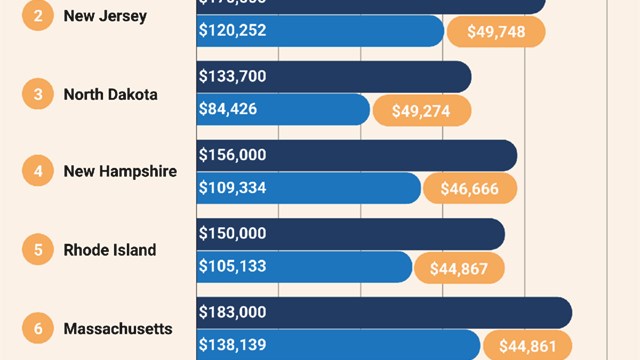

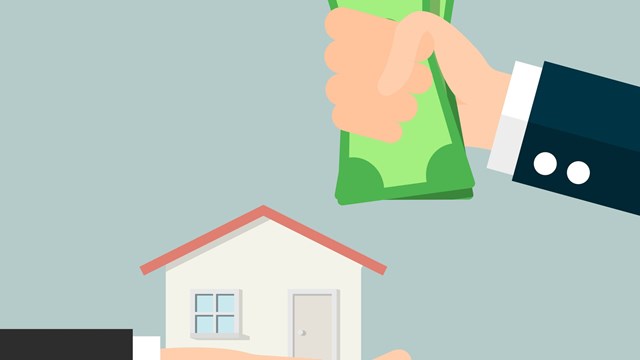
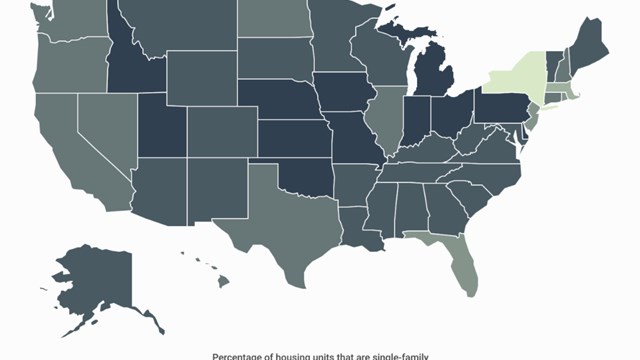
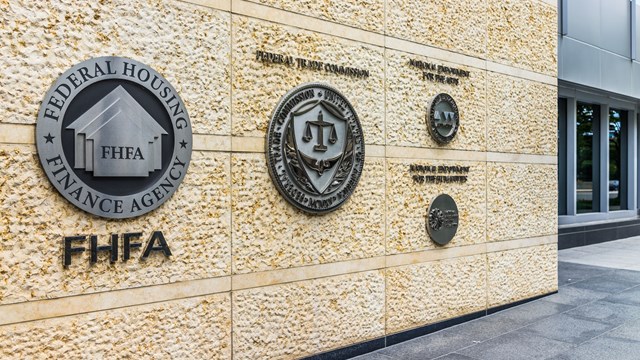
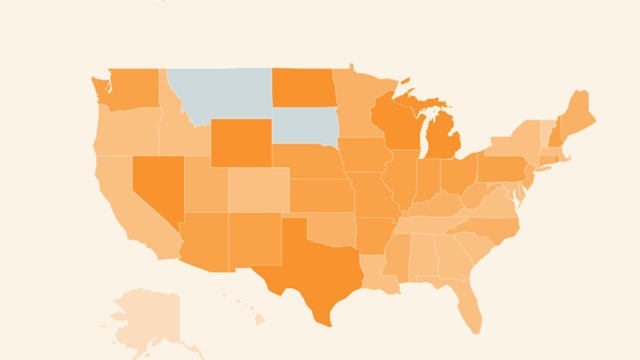
Leave a Comment